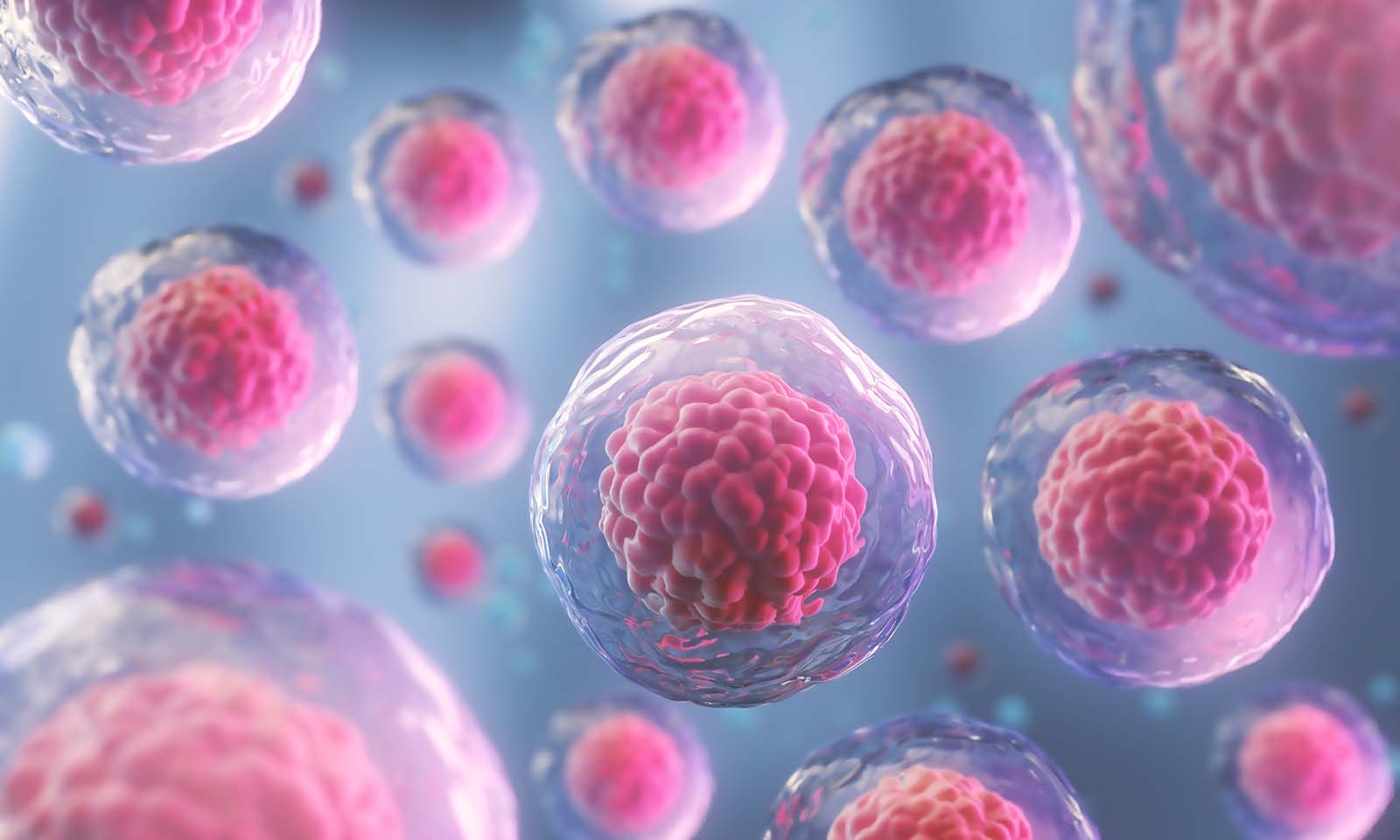Q. I understand that as a result of science there are many (millions?) of frozen embryos that have been preserved for different reasons, such as IVF (in vitro fertilization). What is their designation by the Church? What is permitted by the Church? What are the accepted forms of use for them? If they are being destroyed for medical purposes, isn’t this another slaughter of the innocents?
Brad, New York, N.Y.
A. There is no good solution to the situation of frozen embryos. Biological science and the Church are in agreement about their status: from the moment of conception, they are human beings. The Church does not permit them to be destroyed. It would be best if their natural parents brought them to term.
As I wrote in the January/February 2010 edition of The Catholic Answer (“Cancer and IVF”):
“Whenever we discuss the ethics of human reproduction, the necessary starting point is the recognition that children — offspring — are a gift from God and not a human right. That premise may be difficult for some to accept, but it is based on the unique sacred dignity of each human person endowed with a unique spiritual and immortal soul.
“With respect to IVF, the Catechism is quite clear in No. 2377, a teaching which repeats verbatim what the Congregation for the Doctrine of the Faith stated in Donum Vitae in 1987. This same teaching is expressed in Pope John Paul II’s encyclicals Veritatis Splendor (1994) and Evangelium Vitae (1995). Most recently the Holy See has repeated this teaching with the instruction Dignitatis Personae (2008). All of those documents declare IVF to be immoral, and do so for a variety of reasons.
“There are several moral problems with IVF … [a] serious problem is the disposition of ‘excess’ embryos. Often they are left in a state of suspended animation, or even destroyed. We cannot treat human beings so callously.
“Here it will be helpful to revisit what Pope John Paul taught on this subject in 1995:
“‘The various techniques of artificial reproduction, which would seem to be at the service of life and which are frequently used with this intention, actually open the door to new threats against life. Apart from the fact that they are morally unacceptable, since they separate procreation from the fully human context of the conjugal act, these techniques have a high rate of failure: not just failure in relation to fertilization but with regard to the subsequent development of the embryo, which is exposed to the risk of death, generally within a very short space of time.Furthermore, the number of embryos produced is often greater than that needed for implantation in the woman’s womb, and these so-called spare embryos are then destroyed or used for research which, under the pretext of scientific or medical progress, in fact reduces human life to the level of simple “biological material” to be freely disposed of’ (Evangelium Vitae, no. 14).”
I also answered a similar question in the March/April 2006 issue of TCA (“Embryonic Stem-Cell Research”). On that occasion I wrote:
“There seem to be four ways to treat the embryos, but not all of them are ethical:
“1) Use them for research. This is clearly wrong because it constitutes the direct killing of human life. No matter how good the intention of the research, this would always be wrong.
“2) Do nothing and eventually they will die. (They deteriorate even while frozen.) This seems unsatisfactory.
“3) Thaw them, let them die and bury them. This also seems unsatisfactory, for all human life deserves to be cared for. As for your husband’s suggestion that ‘they should all be given a burial,’ this is problematic, too: How could it be moral or ethical to bury alive a living human being?
“4) Implant them in the mother or in another woman willing to adopt the child and bring them to term. Implanting them in the mother is the best course of action at this point, but unlikely in many cases. As for adoption and implantation, reputable, trustworthy, and orthodox moral theologians have different opinions about adoption of the embryos. But there seems to be a growing consensus that it could be ethical and even ‘heroic’ to adopt a frozen embryo, although that action would not be morally obligatory for anyone.
“However, implantation (adopted or not) is not free of ethical concerns: It constitutes a material cooperation in the business of IVF, which is intrinsically evil in the first place, although the implantation could be allowed under the principle of double effect.
“The only answer to this dilemma is to prohibit IVF…. In the words of Bishop Elio Sgreccia, president of the Pontifical Academy of Life: ‘The practice of in vitro fertilization must be stopped. It only encourages the production of frozen embryos, and freezing embryos is utilitarianism without mercy. When you start a wrong procedure like this, any solution is wrong and sad’ (Catholic World Report, May 2001).”


